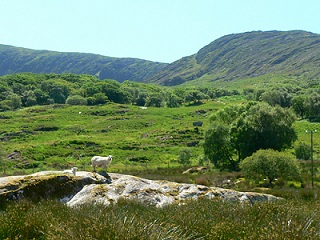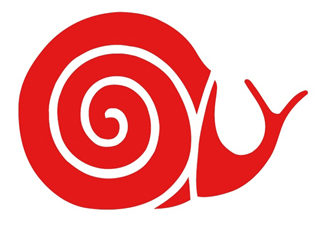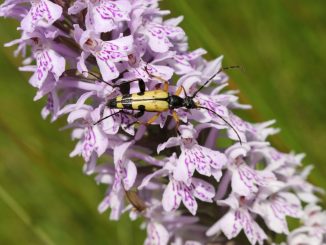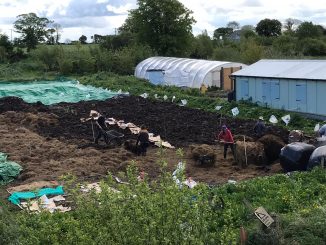As that other Trioka – the Parliament, Commission and Council of Ministers – edge closer to finalising a new CAP, it is becoming clearer and clearer than citizens and the environment are not being represented properly. The original Ciolos vision for a greener CAP now seems an eon ago. Little did citizens realise that this Commission position was a starting point, from which ever more watering down would occur.

Many civil society groups support the overall Commission position, but the Parliament and in particular the Council of Ministers have adopted positions far closer to business-as-usual.
The Irish Farmers’ Association (IFA), is the organisation, which, by a significant distance, represents the majority of farmers in Ireland. They are members of Copa/Copa-Cogeca and have also been highly critical of the Commission position.
Vice President of Copa and IFA President John Bryan said, following the conclusion of discussions at the EU Farm Council in Brussels, said “Commissioner Cioloş is becoming more and more isolated in defending his flawed proposals, including flat payments, and it is time for him to respect the views of the Farm Council.” It continued that Commissioner Cioloş must now accept the “democratic decision reached by Europe’s Agriculture Ministers”, and change his position to reflect the reality of the outcome from the Farm Council. “As President of the Council, Minister Coveney must make it clear to Commissioner Cioloş that his proposals will not get through, and must be changed to reflect the flexibilities negotiated in the Council.”
These statements present a highly partisan view of the debate. Cioloş’ position is not as far from the Parliament position as it is from the Agriculture Ministers’ position. It is also the case that, inevitably, Agriculture Ministers mostly support maintaining their own budgets at as high a level as possible, and keeping their own farm lobbies happy. They have less focus on what is outside their brief – which is most citizens and the environment.
Front loading flat payments is supported even by usual Irish allies France, so it is very unlikely that this will not happen. And in any case, as the Irish Independent’s farming supplement pointed out on its front page recently, most farmers would actually benefit from Commissioner Cioloş’ proposals, which aim “to bring all payments to the national average of €260/ha (which) would redistribute over €370m of Ireland’s total SFP fund, with 55,000 farmers on higher entitlements losing up to 40pc of their payments, while 75,000 farmers would stand to gain.”
Farmers’ likely to loose out financially in Ireland are in dairy, tillage and beef finishing, while farmers in sheep and at the various pre-finishing stages of cattle – farmers primarily in the socio-economically and agronomically disadvantaged parts of Ireland – would gain.
Dairy farmers already have considerably higher earnings than any other farming sector, and when de-coupling comes into play in 2015, they are likely to consolidate further and increase scale, productivity and profits by even more again.
While the IFA also argue for better Pillar II supports, which would benefit farmers in poorer regions, its clear that their primary focus is on what they term “active” and “productive” farmers – who happen to be a minority, and also the better off.





